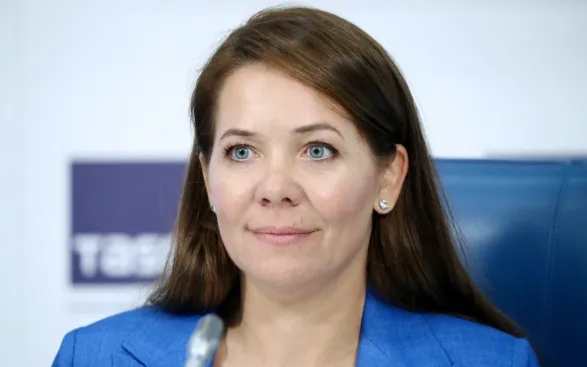Iron Logic: Moscow Hosts Russia’s First Open National Robotics Olympiad
Russia is launching its first-ever nationwide robotics olympiad for school students, marking a milestone in the country’s growing commitment to STEM education and technological development. The event invites young engineers to compete in two areas — unmanned aerial vehicles (UAVs) and mobile robotics — turning classrooms into launchpads for innovation.
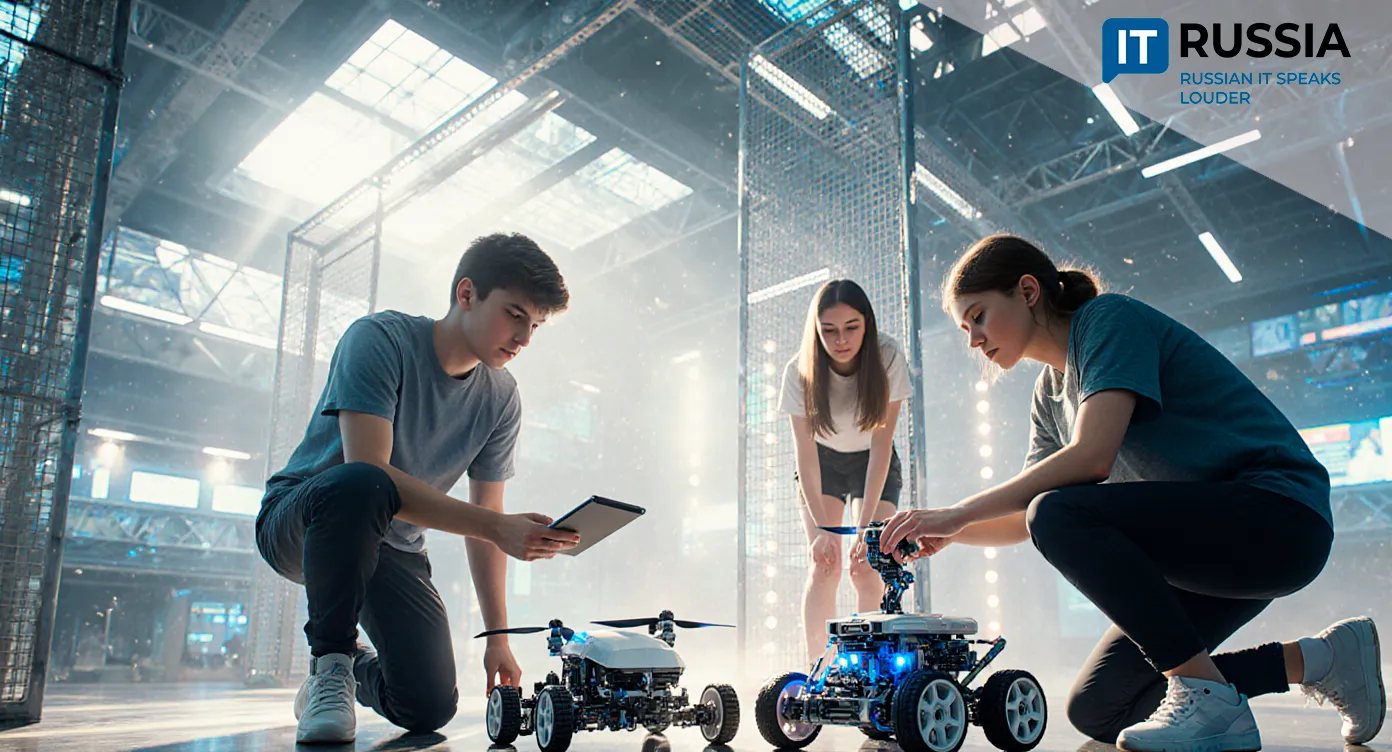
A National Arena for Young Roboticists
This fall, Moscow will host an unprecedented event — the first Open All-Russian Technological Olympiad in Robotics. The competition is open to high school students from across the country and aims to identify and inspire the next generation of engineers and programmers.
From October 22 to 29, tens of thousands of students in grades 9–11 will participate in online qualifying rounds. The top 400 finalists will gather in December at the Federal Center for Unmanned Aerial Systems — one of the most advanced drone testing facilities in Russia — symbolically bridging education and industry.
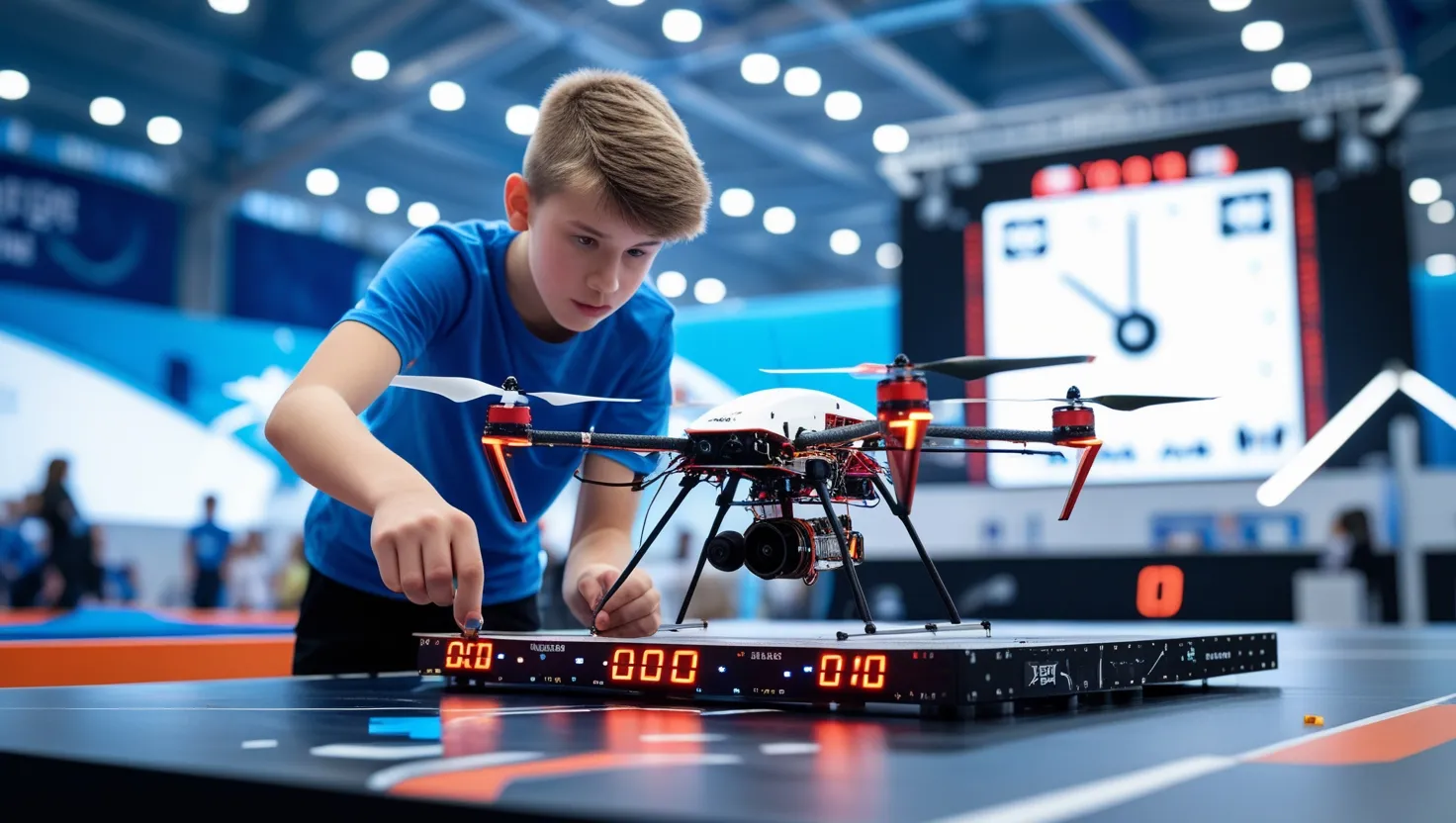
“Developing robotics is one of the strategic steps toward preparing the engineers of tomorrow,” said Sergey Kravtsov, Russia’s Minister of Education. “Participation in these competitions allows students to deepen their understanding of mathematics, computer science, and physics — disciplines that underpin the technologies of the future.”
Inside the High-Tech Arena
The olympiad features two main tracks: UAVs and mobile robotics. The UAV track challenges participants to program autonomous flight systems capable of recognizing visual markers and navigating obstacle courses. The mobile robotics category focuses on navigation, object detection, and electronic control systems.
The scale of the competition is impressive — 150 drones, 32 workstations, 16 drone cages, and 400 computers. This is not a school club exercise but a national high-tech arena for the country’s most promising young innovators, including participants traveling from remote regions such as Chukotka and the Far East.
In 2024, a fifth-grader from the Chukotka village of Lorino, Pyotr Petrov, made headlines after traveling more than 12 hours by air to participate in the Junior Robotics Championship in St. Petersburg. His journey captured the nationwide enthusiasm for hands-on STEM education and robotics development.
From Hobby to Career Path
Organizers hope to transform a growing hobby into a career-defining experience. Students who excel in the olympiad may receive university admission benefits, but the broader impact lies in building a pipeline of technically skilled talent.
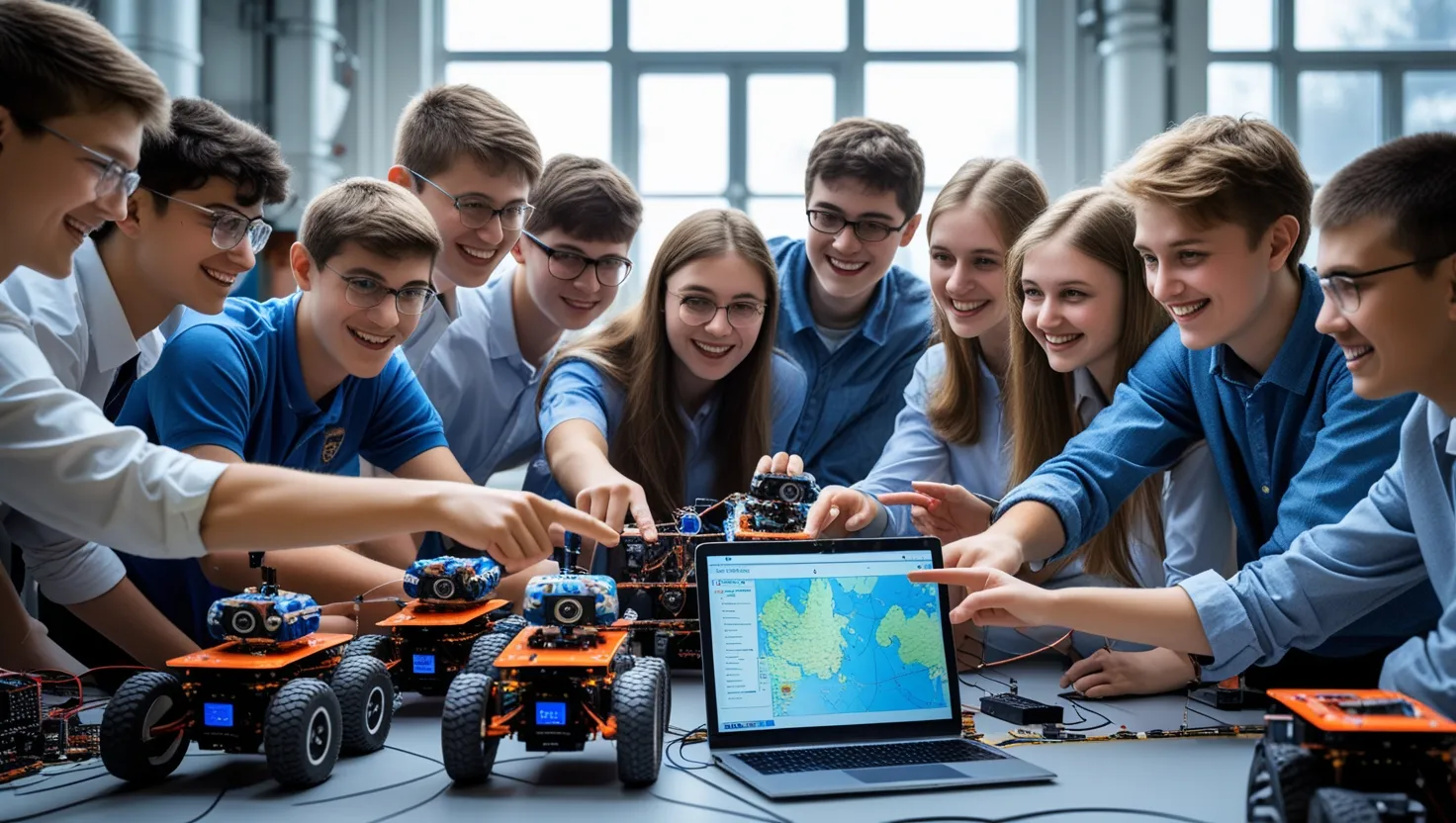
Over the past five years, Russia has made steady progress in robotics — with victories at the World Robot Olympiad and recognition for teams like Sputnik Original in international FIRST competitions. Nationally, an expanding network of robotics contests — including the All-Russian Robotics Olympiad (WRO Russia), RoboFinist, and Engineers of Russia (IKaR) — has nurtured thousands of young innovators.
The new Olympiad has the potential to become Russia’s equivalent of the global RoboCup, combining competition with education and inspiration. Participants will also join lectures, workshops, and a major tech showcase at Moscow’s Rudnevo Industrial Park. Preparation materials, including sample tasks and solutions from past Moscow Robotics Olympiads, are available on the event’s official website.
Educating a Generation of Innovators
If successful, the Olympiad could evolve into an annual event with new tracks focused on industrial robotics and smart cities. It is expected to drive schools across Russia to expand their STEM programs, upgrade labs, and invest in teacher training.
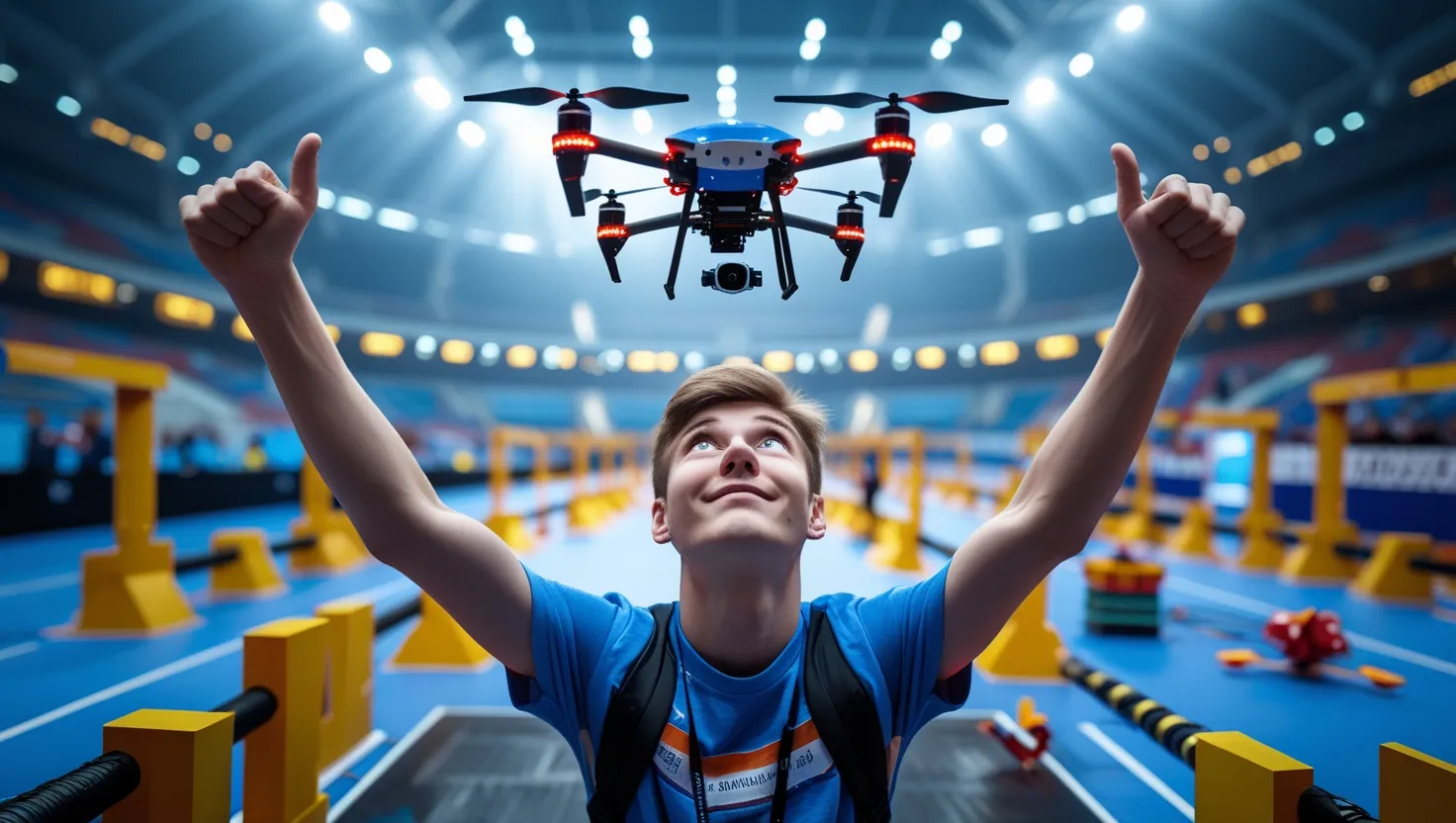
In the long term, such initiatives could produce a generation of young people who see technology not as a niche skill but as a natural language. Better preparation will enable Russian students to compete confidently in international contests, build global startups, and strengthen the country’s reputation in advanced engineering and AI education.


